- Write by:
-
Tuesday, April 23, 2019 - 1:27:04 PM
-
554 Visit
-
Print
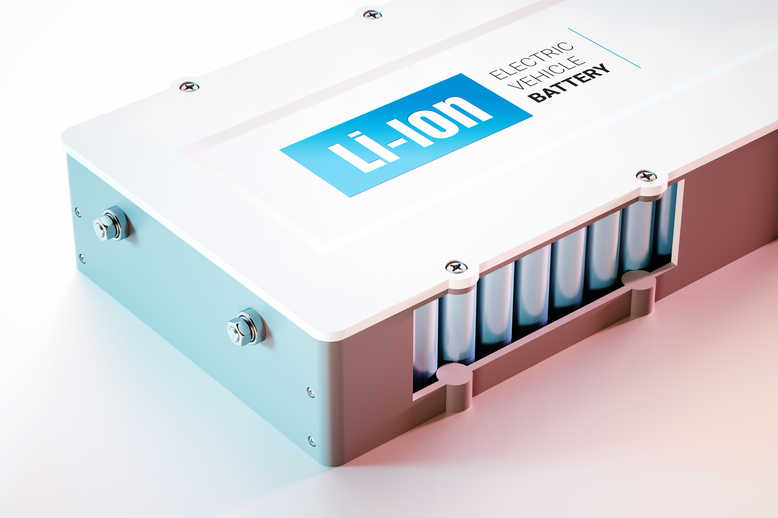
Mining News Pro - CEO Brian Menell offering his predictions for the future production of tech commodities.
According to Mining News Pro - “We are currently experiencing an epic supply/demand dislocation between exponential growth, and demand for lithium-ion batteries for electric vehicles and renewable energy systems, coupled with a lack of efficient scalability of the sources of supply for key ingredients.”The verdict on the state of the market for battery metals, from TechMet CEO Brian Menell, hits home when he likens the current impasse to a scale not seen since the impact of the Industrial Revolution, when the demand for coal and iron ore skyrocketed. It represents an unprecedented value creation opportunity as the global adoption of new technologies ramps.
Menell notes that China has led the way, executing a 15-year program to secure control and dominant positions in the pipeline of supply of the key strategic metals. “It now commands over 90% of global rare earth supply; around 65% of global cobalt supply; nearly 80% of processing capacity in cobalt intermediate products; in excess of 50% of global lithium supply and processing; 70% of tungsten and 75% of natural graphite.” It’s the backdrop of this geopolitical context which has triggeredthe proliferation of companies like TechMet investing in the pipeline of supplies and materials. It’s fast becoming a high priority, particularly in Washington and Tokyo, where it’s recognised there are national security implications that come with China’s dominance. The likes of Tesla and Panasonic increasingly look to China for raw materials, heightening what Menell calls “an enormous sense of vulnerability” driving the escalation of global trade disputes.
Menell highlights the extent to which companies in the tech metals space can add value by having high environmental and social impact governance standards and capacity goals. “Products go through a value pipeline to consumer goods, which are increasingly scrutinised and potentially disrupted as a result of speculation of the ethics of origin of materials,” he explains. “We can add value to our products by being highly sustainable and ethically governed, maintaining stronger positions in a country by operating in a responsible manner.”
In order for the supply of key metals not to be a massive constraint on the scale of adoption of new systems globally, a lot more money needs to be spent on developing new resources and processing capacity stresses Menell. “The majors, with the exception of Glencore and its strong cobalt position in the Congo, are exclusively looking at lithium. The problem with rare earth, tungsten, tin, vanadium… you can`t deploy a billion dollars so it`s never going to move the dial for the likes of Rio Tinto and Anglo. They have ignored these minor metals because they can`t achieve scale - even though they will become increasingly vital and much more lucrative.” He comments that development of the minor metals arena currently rests with poorly funded junior to mid-tier players who will struggle to develop the scale and supply the market demands.
“The US and Japanese governments need to do more to support and finance these initiatives in order to create supply and counter Chinese dominance,” advises Menell, who argues that thedata and analysis, combined with the efforts of emerging players like TechMet, now exists to help educate government agencies and secure their support. The mining industry will benefit further from greater collaboration between the battery makers and the manufacturers who need their products. The EV industry is realising scalability is dependent on reliable sources of supply and is waking up to the threat of massive constraints in the future.
Short Link:
https://www.miningnews.ir/En/News/362349
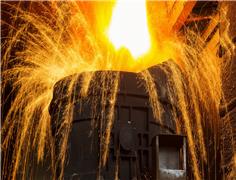
Iron ore futures prices ticked lower on Monday, weighed down by diminishing hopes of more stimulus in top consumer ...

Interros, Nornickel’s largest shareholder, on Monday called allegations by fellow shareholder Rusal about undervalued ...
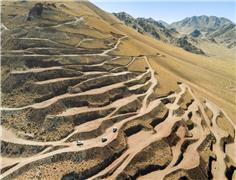
AbraSilver Resource said on Monday it has received investments from both Kinross Gold and Central Puerto, Argentina’s ...

Gold took a tumble as haven demand waned after geopolitical tensions eased in the Middle East.
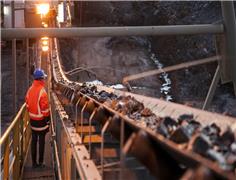
Copper traded near $10,000 a ton, hitting a new two-year high on its way, as investors continue to pile in on a bet that ...

Adriatic Metals is taking over as the operator of the Rupice deposit development, which is part of the company’s Vares ...

A Russian arbitration court ruled on Monday that four units of Swiss commodities trader Glencore will pay more than 11.4 ...
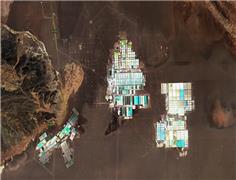
The four largest indigenous communities in Chile’s Atacama salt flat suspended dialogue with state-run copper giant ...
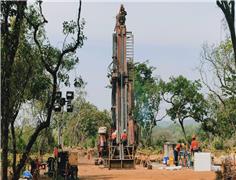
A prefeasibility study for Predictive Discovery’s (ASX: PDI) Bankan gold project in Guinea gives it a net present value ...
No comments have been posted yet ...